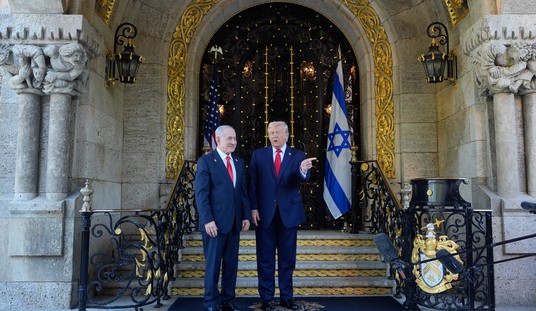The New York Times had an astounding article yesterday about the lengths to which the Obama administration went to bully everyone to accept the dubious legality of their massive insurer bailouts; bailouts for which there was absolutely no Congressional appropriation. A Federal judge has already ruled that these payments were illegal, and the administration has appealed – principally on the basis that Congress had no standing to bring the suit, not that the payments themselves were legal.
WASHINGTON — On Jan. 13, 2014, a team of Internal Revenue Service financial managers piled into government vans and headed to the Old Executive Office Building for what would turn out to be a very unusual meeting.
Upon arrival, the I.R.S. officials, some of whom had expressed doubts that the Obama administration had the proper authority to spend billions of dollars on a crucial element of its health care law, were ushered into a conference room.
There, they were presented with an Office of Management and Budgetmemo laying out the administration’s justification for spending $3.9 billion on consumer health insurance subsidies. They were told they could read it but could not take notes or make copies. The O.M.B. officials left the room to allow their visitors a moment to absorb the document, and then returned to answer a few questions and note that Attorney General Eric H. Holder Jr. had been briefed and signed off on the legal rationale.
Does that sound like an administration that has any level of confidence in what they are doing? Here are the political hacks in the administration basically ordering the technocrats who know what they are doing into a clandestine meeting that’s shrouded with more secrecy than what was on Hillary Clinton’s email server and basically ordering them to accept the Obama interpretation of the law.
The really damning part, though, is this:
After failing to win congressional approval for the funds, the Obama administration spent the money anyway and has now distributed about $7 billion to insurance companies to offset out-of-pocket costs for eligible consumers. The administration asserts that the health care legislation provided permanent, continuing authority to do so, and that no further appropriation was necessary.
Mr. Fisher, for one, did not agree, and his testimony is the first to reveal that some within the administration challenged the spending. Beginning in late 2013, he and his supervisor began having qualms about how the White House was planning to proceed. In combing through documents to make sure his agency could defend the spending in future audits, Mr. Fisher said he came up empty.
“Cost-sharing reduction payments are not linked to the Internal Revenue Code, as far as I could tell, directly anywhere,” Mr. Fisher, now in the private sector, said in his deposition, made public last week by House Democrats who feared Republicans would release selected excerpts. “There is no linkage to the permanent appropriation, nor is there any link to any other appropriation that was indicating what account these funds should be paid from.”
This may seem like a fairly small, technical thing, but the constitutional prohibition against spending money that Congress has not appropriated is one of Congress’s most important checks on the executive branch. Especially in the era of the ever-expanding executive, cutting off funds (or just denying funds) is one of the few ways Congress can actively exert its will over a runaway executive. And here, Obama clearly ordered his underlings to just completely trample on this principle.
If the Supreme Court ends up saving this program, it will be a bigger injustice and threat to the constitutional system of checks and balances than either of the previous decisions in which it has rewritten the law to save it from itself.













Join the conversation as a VIP Member